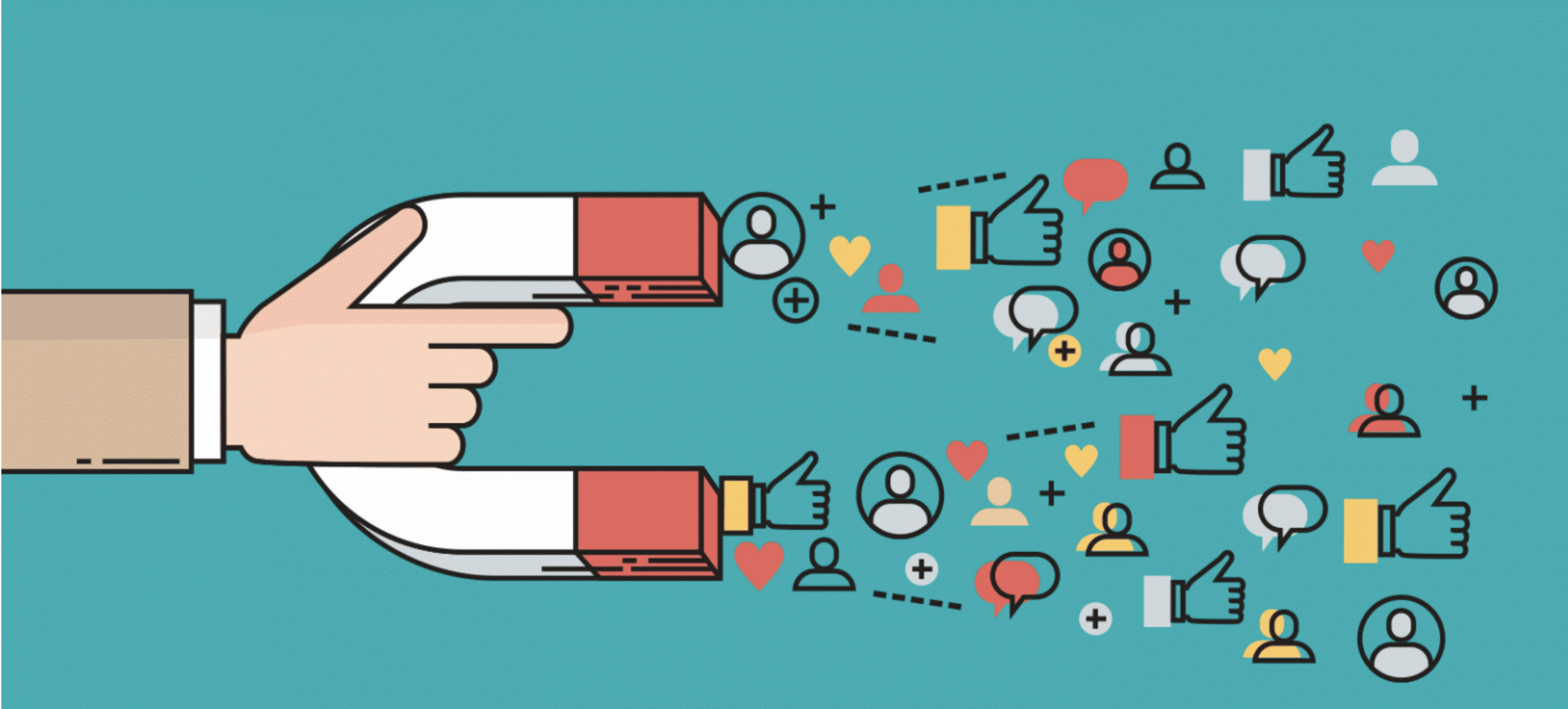January 25, 2021
Who Should You Trust Your Health To?

And What’s In It For Them?
Originally posted by Thrive Global
By
This was a difficult question to answer even pre-Covid-19.
Should you listen to your doctor or your gut-feeling? Trust your friend or a reputable website? Follow Gwyneth Paltrow or Dr Oz? Find a good holistic health guru or try to enroll in a clinical trial?
But in the midst of the pandemic, these questions are all but impossible to answer.
Science and medicine have been politicized, and doctor’s appointments are conducted entirely online. Everything that comes at you does so via technology, meaning it’s mediated in some way and therefore feels more susceptible to manipulation and less personal.
“COVID has accelerated the demand for virtual health and wellness care, so what we’re seeing in the market is increasing clutter as [healthcare] companies compete for consumer attention and dollars” said Meryl Draper, CEO and co-founder of Quirk Creative, a boutique ad agency whose clients include the maker of a telemedicine and symptom-checker app.
And while people have long been mistrustful of American healthcare, and even of healthcare providers themselves, because of the myriad conflicting interests at play (from pharma companies who want to make money, to doctors who may be receiving swag/vacations from pharma companies, to insurance companies which may steer you away from the better drug or treatment because it costs them more), it’s even more of a minefield today than ever before.
Unsurprisingly, there’s a generational chasm in who consumers or patients choose to trust. (Are we patients or consumers? Depends how old you are). According to a Pew Research study, 90% 18-24 year-olds trust medical information they get from social media, while a third of the adult US population go online to ‘figure out’ a medical condition.
Whoever you are, chances are that the internet is your medical guru. But where to start? Enter pharma influencers, seemingly trusted intermediaries who offer information, guidance, and support.
“We have found them to be a tremendous resource in healthcare”, said Linda Bennett, Managing Director of ad agency Hill Holliday Health. “Influencers (whether celebrity or local patient advocates) are an important means for helping to deliver what patients view to be credible information. We have found consumers in many categories are more likely to trust another consumer who has experienced a certain outcome than a piece of communication directly from the pharma company”.
And influencers have another built-in advantage: “A pharma company is limited in what they can say based on specifically what was studied and reported in the clinical trials for the drug, another patient can speak about their own experiences which delivers a more personal and relatable message” added Bennett.
In fact, there are now companies which match influencers with the medical establishment. WEGO Health, for example, has over 100,000 influencers on its books and claims to work with many of the top 10 pharma companies, including Pfizer, GSK, and Novartis. (They clearly understand the power of words, referring to influencers as e-patients, collaborators and patient leaders. These are not to be confused with e-mavens, a term seemingly coined by the authors of a 2020 article in Frontiers in Psychology).
But while the relationship clearly works for the paid influencer and the pharma company, the question is whether it benefits the patient.
Meryl Draper believes it does. “With consumer attention span at an all-time low (aggravated by Zoom fatigue and an uptick in TV hours watched during COVID), I actually think that it’s essential for pharma / healthcare brands to understand that in order to effectively convey their core product message, they must think about brand first: brand–how they sound, what they look like, how they tell their story–is going to dictate how well they’re able to break through the noise, capture audience attention, so that they can then educate the consumer on the product benefits.
Even the medical community itself sees merit in the use of influencers in the healthcare space. As people turn to the internet in increasing numbers for health advice, often resulting in misguided crowd diagnoses, the medical establishment has realized they can harness these influencers ton their own ends: Not only can they use them to raise awareness about an illness or treatment, but when doctors transform themselves into influencers, they can help guide the public and combat misinformation.
One doctor, Austin Chiang, cofounded the Association for Healthcare Social Media, a non-profit established to “develop best practice for social media use in health and to advocate for the recognition of social media as an important public health tool in the fight to combat misinformation”.
And even the FDA clearly recognized the power of the influencer when they issued guidelines about what these social media mavens can and can’t say. One of the ways they tried to insert science into this seeming free-for-all is suggesting that the influencer link to a landing-page where the patient can find out about risks and side-effects of various treatments.
And the pandemic – with its attendant propaganda war- has clearly increased a need for clear-eyed intelligence. “It is even more important than ever to ensure patients and caregivers have access to information. The point of care (e.g. healthcare provider, office, hospital) has always been a significant means of delivering education. With fewer in-person office visits, it is our responsibility to use data and digital communications to ensure education and information is able to reach the people who need it” said Bennett.
You know that old saying “it’s not what you know, it’s who you know”? Well, turns out that was a pretty accurately conceived aphorism.
